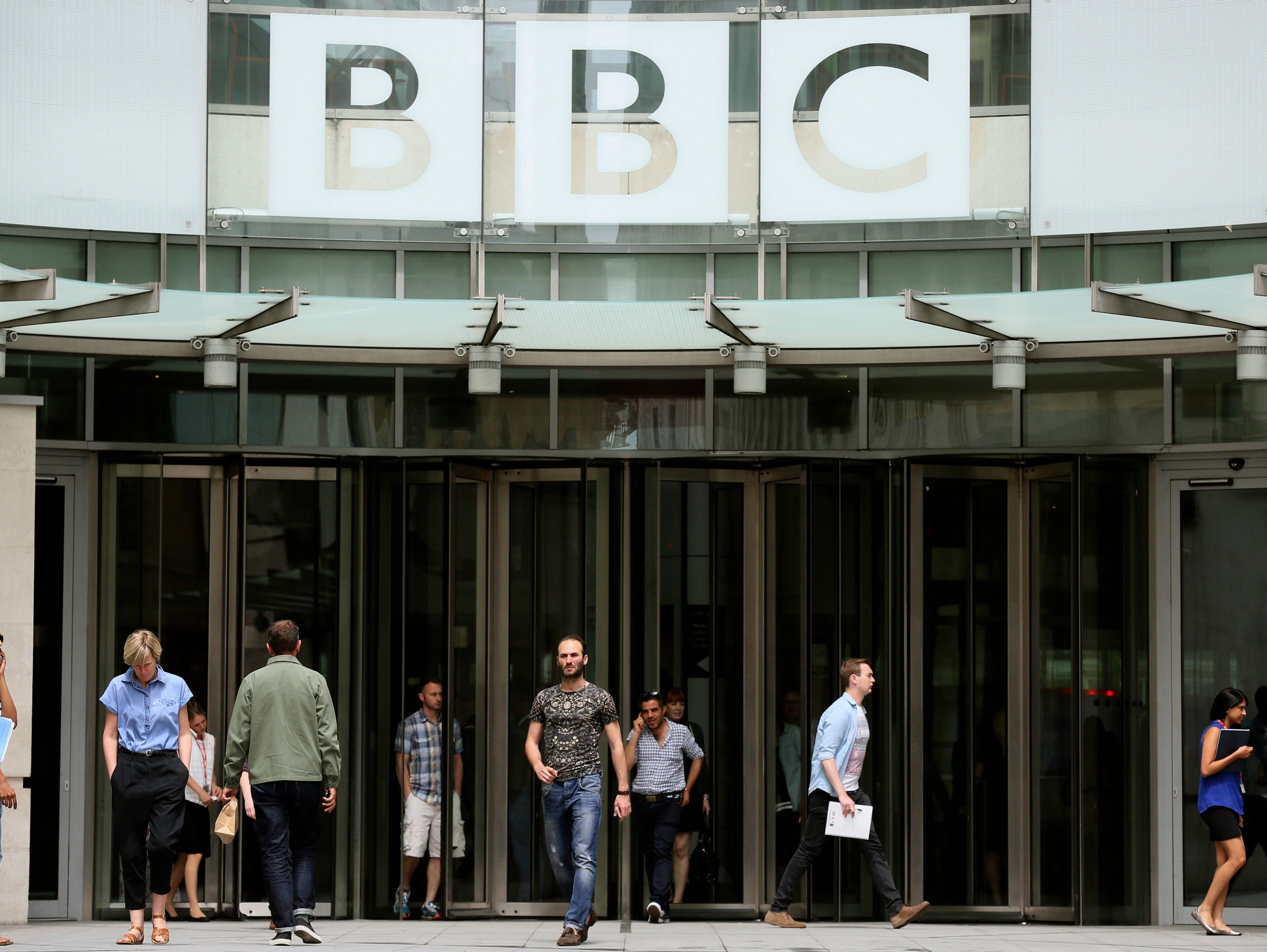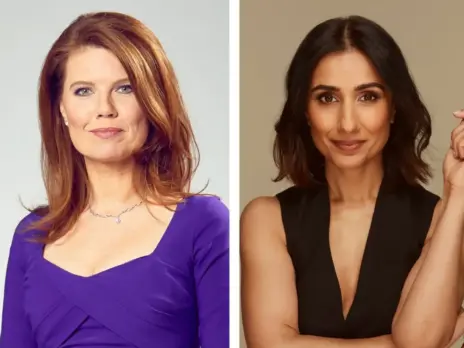
BBC News staff have blamed a secretive culture of “chequebook” lunches for the high wages and pay disparity revealed in last week’s disclosure of top-earning on-air talent salaries.
A corporation insider told Press Gazette that salary deals for its most well-known journalists were negotiated during expense account “talent lunches” that lacked transparency.
“That’s how talent pay works at BBC News,” they said. “It is not subject to union bargaining, there aren’t set rates for the job. It isn’t a transparent way of agreeing a rate for a job.
“If you do pay in this way, this is the outcome: arbitrary salaries to a group of people that you can’t justify paying that amount to.”
The BBC typically negotiates contracts with “talent” through their agents, which it believes to be standard practice across the industry.
But, the corporation has been carrying out a talent review for the past year that has recommended introducing pay bands for on-air/on-screen talent in the news department, Press Gazette understands.
The ruling to disclose on-air talent’s salary information was set out in last year’s BBC White Paper, which outlined proposals for the renewal of its Royal Charter, with the threshold first set at above £450,000 before Prime Minister Theresa May intervened to reduce it to £150,000.
The salaries disclosed are those paid for directly by the BBC, and do not include wages from independent production companies whose work is broadcast on BBC channels.
The average salary for a broadcast journalist on a continuing or fixed-term contract in the BBC News division is £31,526 a year, rising to £42,489 for a senior broadcast journalist, recent figures obtained under a Freedom of Information request show.
BBC News employs around 8,000 people.
“There is a lot of anger about the over pay,” said the insider. “Everyone is saying it reflects badly on journalists who aren’t being paid well and are being offered a real terms pay cut – it’s senior executives bringing the BBC into disrepute.”
“If £150,000 is the rate for that job, why aren’t others on that salary? That’s why people think it is the lunches that have resulted in the unbalanced wages.”
But anger at excessive talent pay is second to anger at senior management largesse.
“There is at least an acknowledgement that these people are doing the business of broadcasting, unlike the whole heap of senior managers that the BBC hasn’t got to grips with yet,” said the insider.
BBC director general Tony Hall was shown to earn up to £499,999 a year, deputy director general Anne Bulford was paid up to £449,999 and head of news James Harding up to £349,999 a year.
Bulford became the first woman deputy general at the BBC when appointed last year. The role had been discarded in 2011, but was reactivated by Hall. Bulford’s predecessor, Mark Byford, was offered nearly £1m in redundancy money.
BBC News staff are also concerned at the lack of ethnic diversity among the corporation’s top-paid talent, Press Gazette was told.
Six of the 42 journalists listed as earning £150k+ were non-white, although at 14 per cent this is in line with the ethnic make-up of the population of England and Wales according to the 2011 census.
George Alagiah is the highest paid non-white journalist, ranked tenth on Press Gazette’s list, and is paid up to £299,999.
Press Gazette was told: “The talk inside is about why the public focus is on gender, they accept it isn’t balanced but they see the real problem as being the lack of racial diversity [among high earners].
“There hasn’t been any commitment to address this, unlike for the gender pay divide.”
The insider also claimed there was a “mad panic” in the BBC’s news department to increase the diversity among its highest-paid talent ahead of the salary details being released.
A BBC spokesperson said: “These figures relate to the previous financial year for which the books have long been closed. The idea you could do some last minute manipulation is complete and utter nonsense. ”
Radio 2 presenter Jeremy Vine was revealed to be the top earning BBC journalist, earning up to £749,999 a year, followed by the Today programme’s John Humphrys and News at Ten anchor Huw Edwards.
Newsreader and presenter Fiona Bruce was the BBC’s highest paid female journalist, earning up to £399,999 a year, while Newsnight presenter Emily Maitlis didn’t feature on the list.
Maitlis, who is out of contract and in negotiations with the BBC, has joined a roster of other women journalists and presenters employed by the corporation who have urged director general Tony Hall to act now on the gender pay divide exposed by the disclosure of salaries.
The revelations around talent salaries comes as staff are facing a 1 per cent annual pay rise, which represents a 2.5 per cent real terms cut against inflation (currently at 3.5 per cent RPI).
The BBC has set a target to ensure all lead and presenting roles are equally divided between men and women by 2020.
Email pged@pressgazette.co.uk to point out mistakes, provide story tips or send in a letter for publication on our "Letters Page" blog







